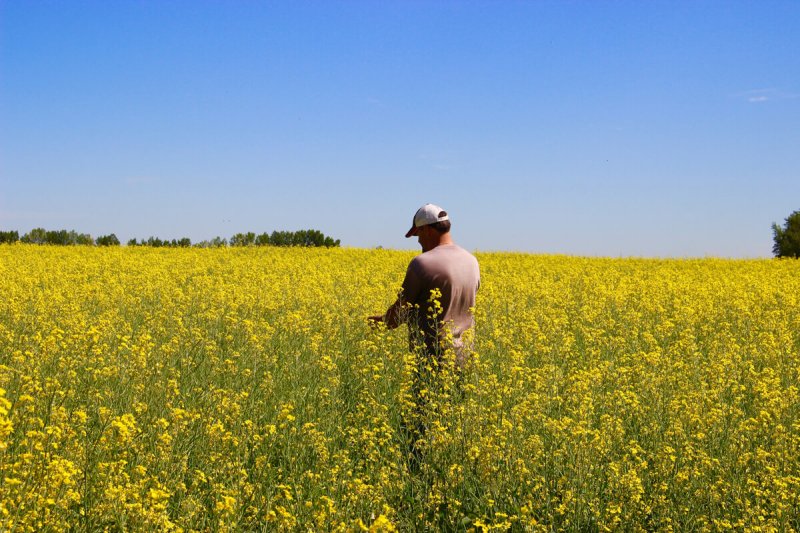Podcast: Play in new window | Download
Subscribe: RSS
Join geneticist Kevin Folta and GLP editor Cameron English on this episode of Science Facts and Fallacies as they break down these latest news stories:
Brain implants that read and write neuron signals are one step closer to widespread use after Neuralink demonstrated how the devices work in pigs. The initial goal is to use these tiny computer chips to bypass spinal cord injuries and restore movement for people who are paralyzed, a reasonable goal since similar devices have already been employed.
More distant applications may include restoring sight to people with eye injuries, minimizing pain and even recording memories. As the technology continues to develop, though, some scientists warn that Neuralink has to carefully consider the risk of serious brain injury, particularly brain bleeding.

It’s important to get a flu shot every year, but it could be essential in 2020, say some infectious disease experts. With the deadly SARS-COV-2 virus already circulating, a bad flu season may lead to many more illnesses and deaths, the results of an overburdened health care system unable to treat people suffering from one or both infections. Conversely, social distancing measures and masking used to stem COVID-19 transmission have apparently mitigated this year’s flu season in the southern hemisphere, and could have the same effect in the US. Whatever the case, the flu vaccine is a wise insurance policy in the face of uncertain risk.
America’s agricultural system produces an abundance of affordable food, but unsustainable practices employed on many conventional farms has locked that system “in a state of slow-motion ecological unraveling,” writes Guardian contributor Tom Philpott. As climate change accelerates, the problem can only get worse—unless we right the ship and rethink how we produce food.
But the question remains: how do we do that? Do we solve this problem with “a direct political challenge to big agribusiness” firms that profit from conventional farming, as Philpott maintains, or a greater reliance on technology that reduces land use while increasing crop yields?
Subscribe to the Science Facts and Fallacies Podcast on iTunes and Spotify.
Kevin M. Folta is a professor in the Horticultural Sciences Department at the University of Florida. Follow Professor Folta on Twitter @kevinfolta
Cameron J. English is the GLP’s managing editor. BIO. Follow him on Twitter @camjenglish































